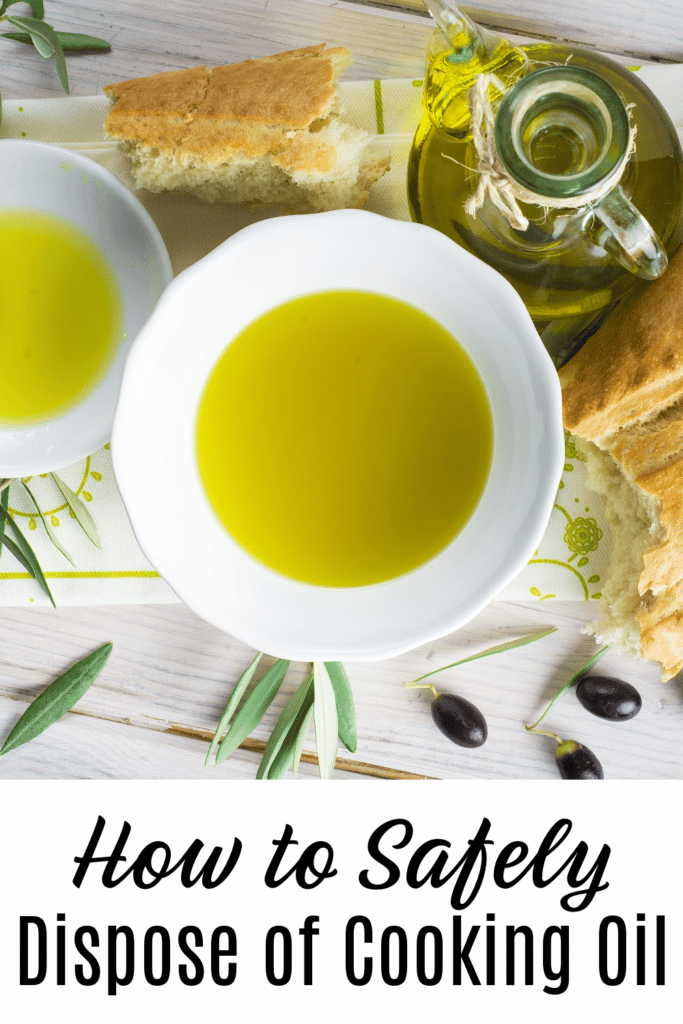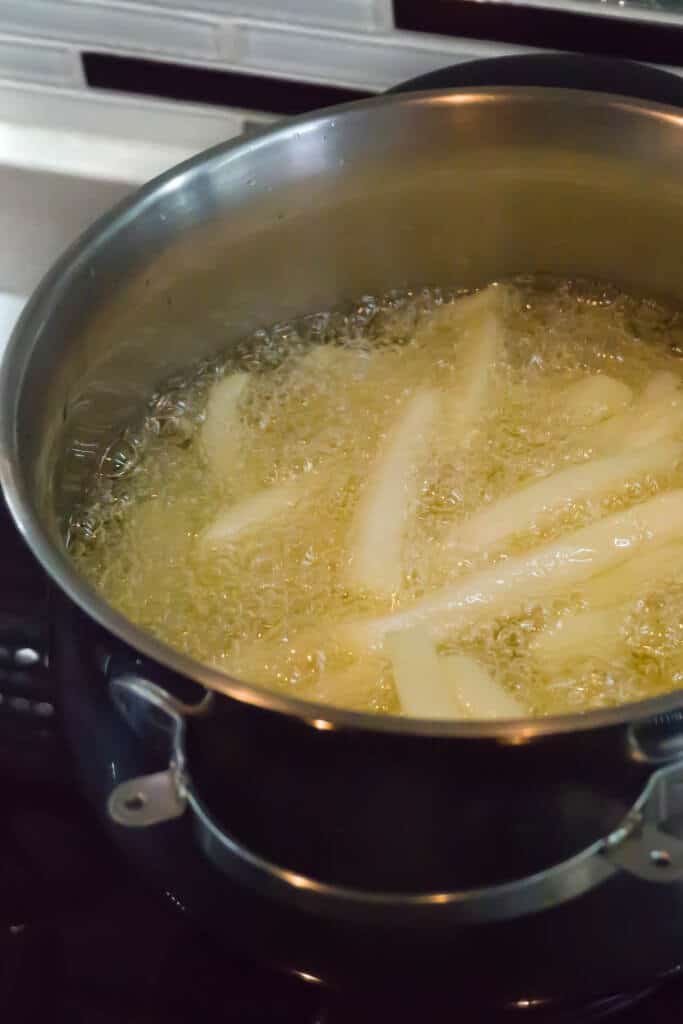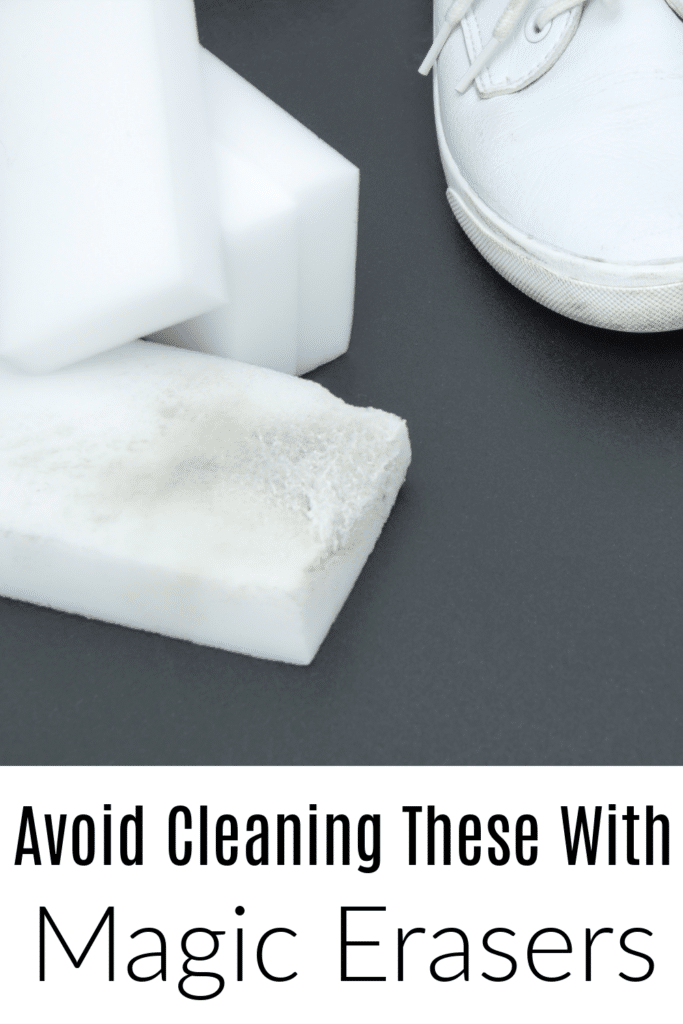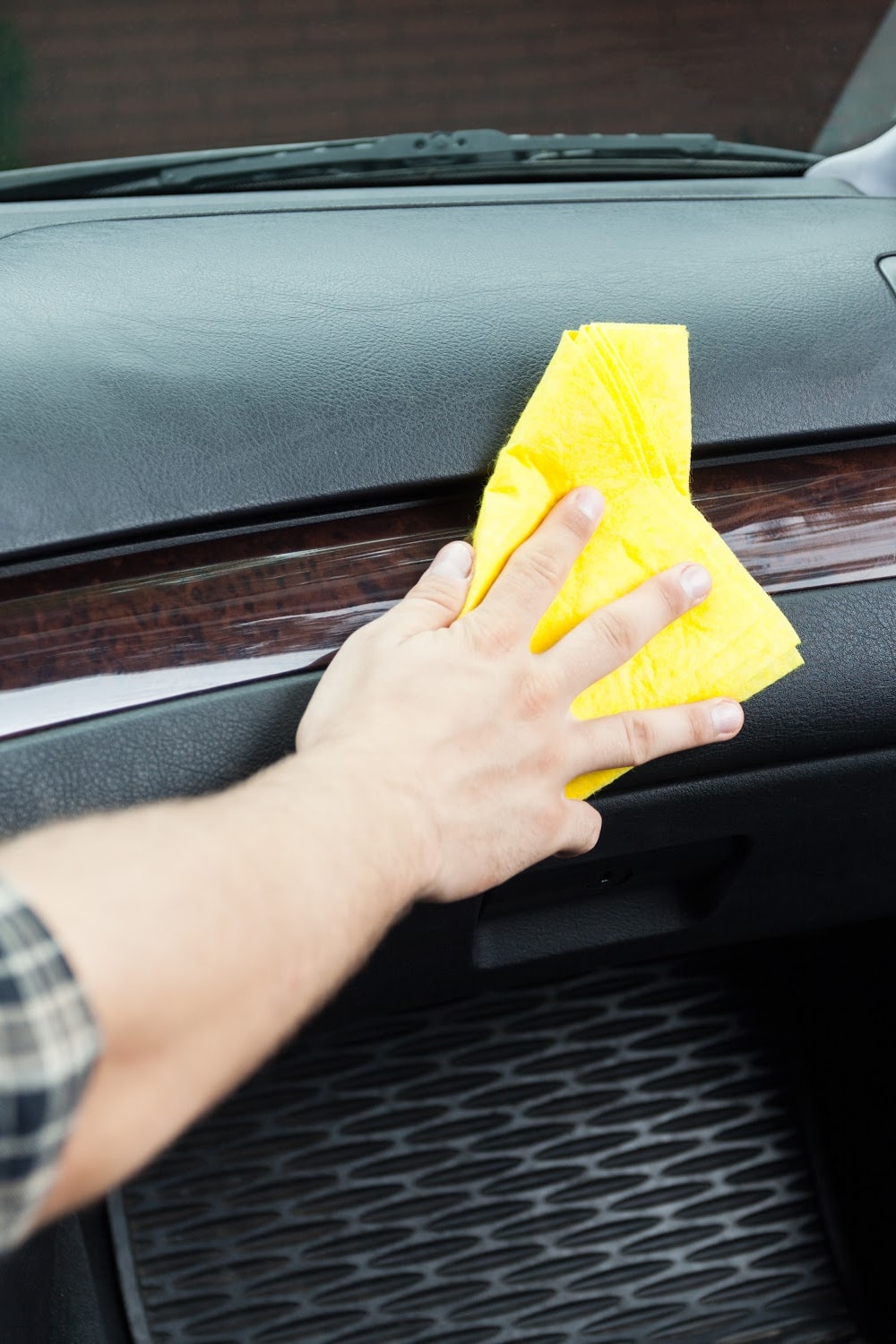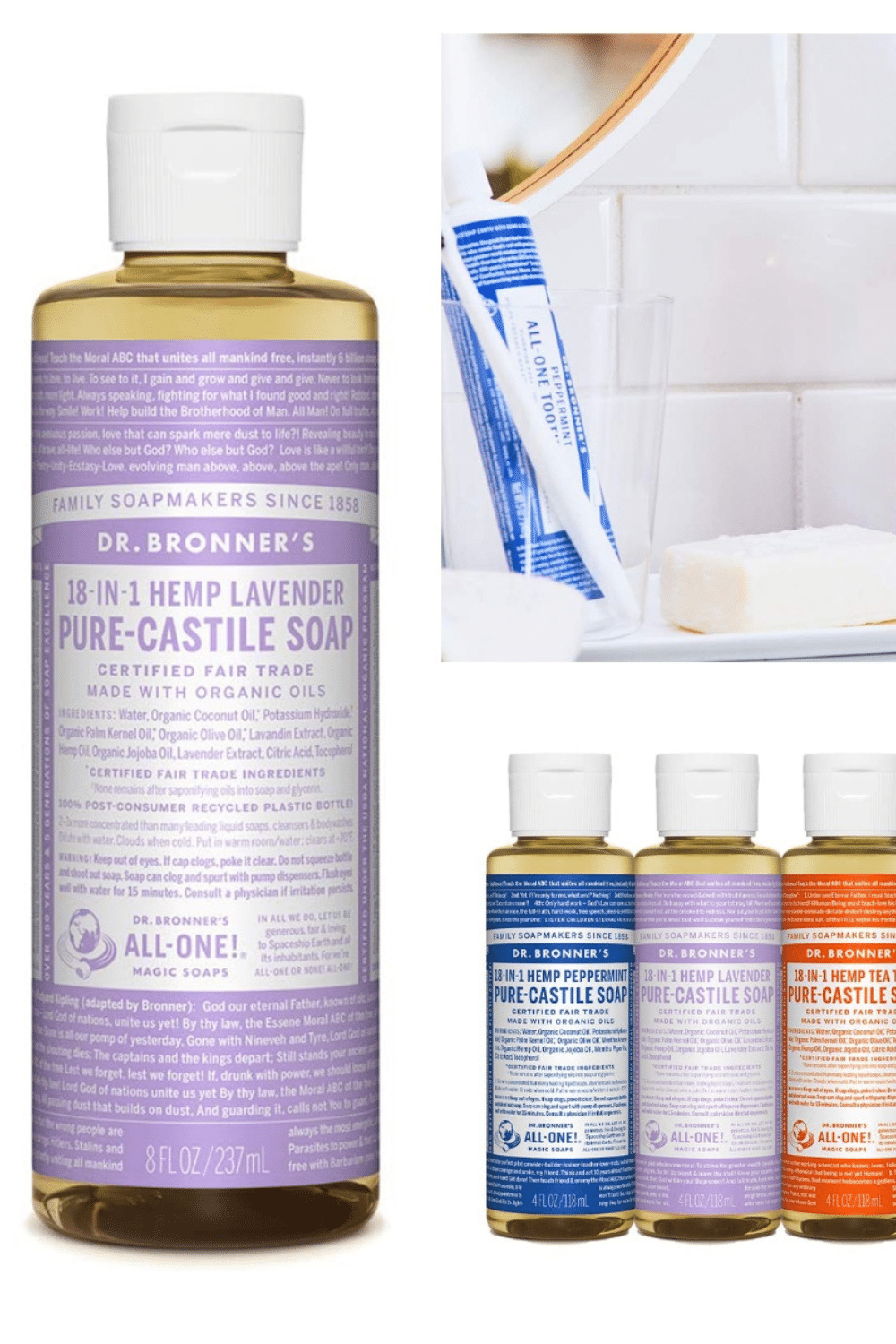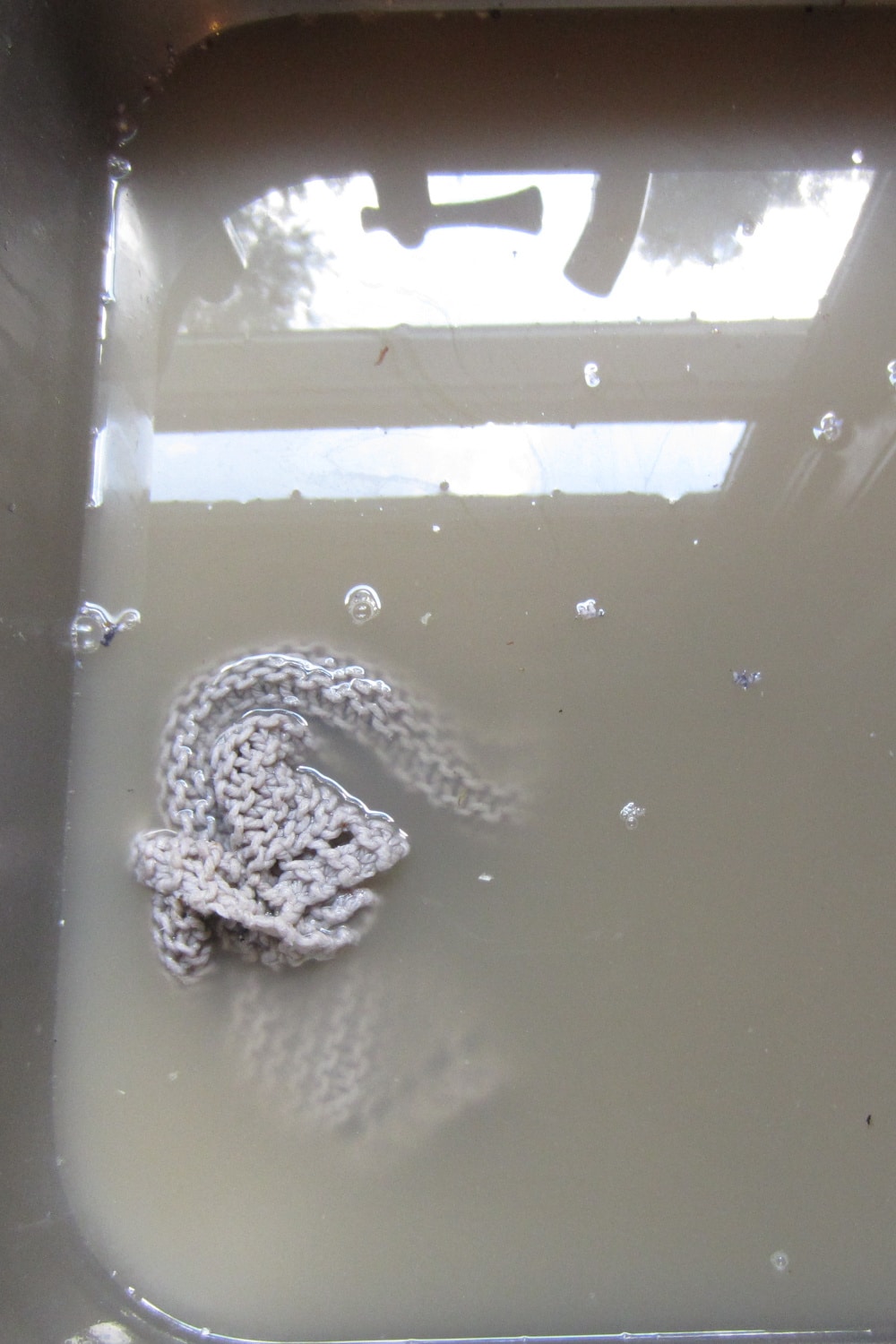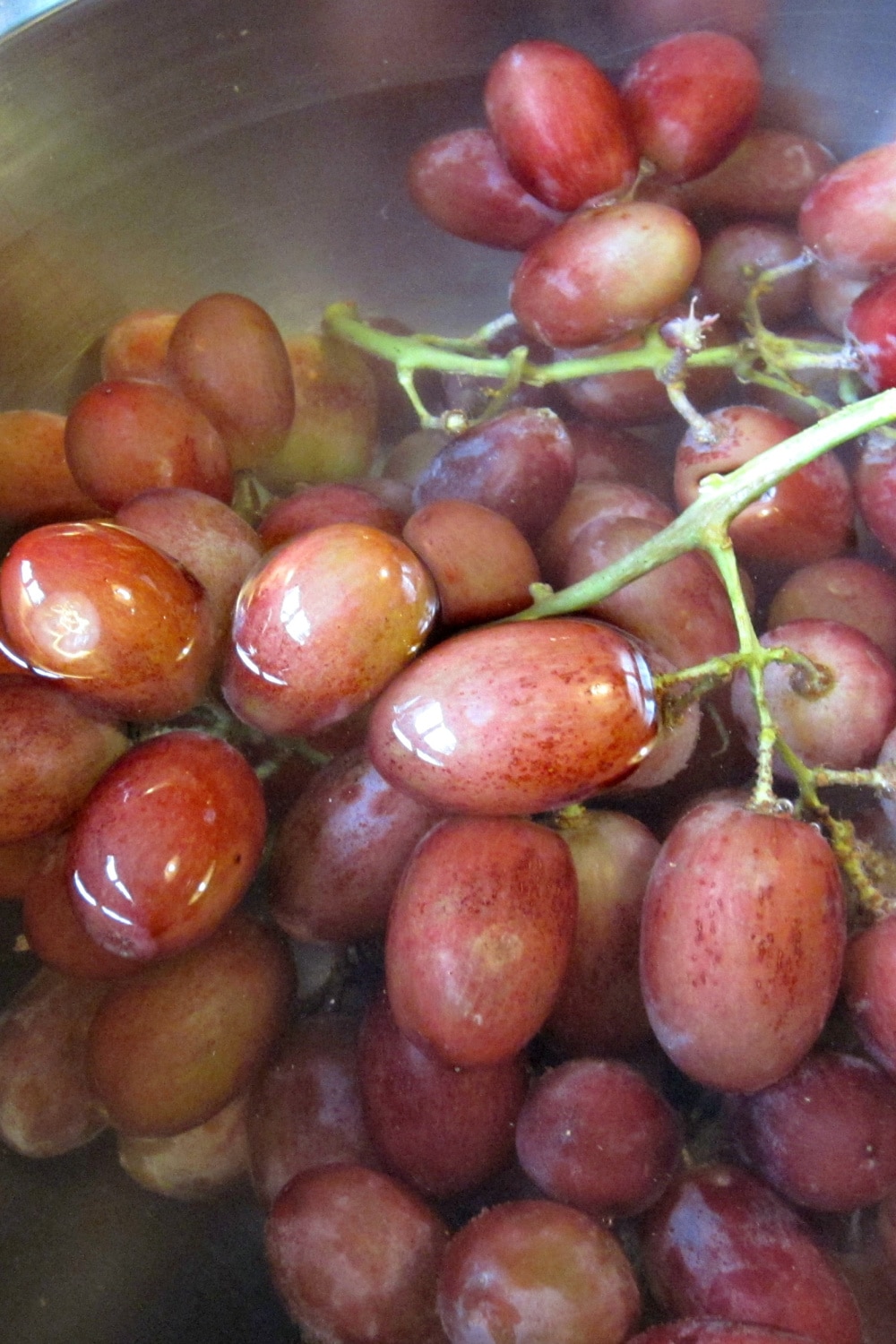The Best Ways to Dispose of Cooking Oil and Grease
We love cooking, but tossing the oil after frying can be a pain. Learn how to avoid the inconvenience of a clogged drain by safely disposing of your cooking and frying oils.
How to Dispose of Cooking Oil and Grease the Right Way
Fried foods are flavorful and delicious, but once the food is gone what are you to do with the cooking oil and grease that are leftover? Frying foods generally make a mess of your kitchen. And oftentimes can lead to a clogged kitchen sink. But it doesn’t have to.
You don’t have to give up that fried turkey or your favorite bacon and eggs. Before you toss that oil in the trash or let it drain down your sink, you’ll want to read these disposal options that are safe for the environment and your kitchen.
Whatever you do, don’t pour fats, oil, or grease down the drain. Adding contaminants like oil to the water can create what’s called FOG (fat, oil, and grease).
Read more cleaning tips & tricks on Inspiring Savings
How to Dispose of Cooking Oil
We don’t have to cover a lot, because the simple solution is to put it in the trash and not down your disposal. Anything we pour down our drains goes to a water treatment system. Oil and grease become unhealthy if we’re adding a lot to our water system.
The easiest way to dispose of cooking oil and grease,
- Allow it to cool.
- Scoop it into a container, preferably with a screw-on lid.
- When the container is full, throw it in the trash.
Never tossed hot oil directly into the trash. It will melt your plastic trash bag and cause a bigger mess. Contain and toss.
Reusing Cooking Oil
If the oil is still in good condition, you can strain it and pour it back into a bottle for future use. Cooking oil is expensive and it can be used for frying more than one time. Having to throw out oil each time you fry food can be very wasteful.
You may be wondering – how you can tell if your oil is still good for frying.
When oil is good, it should not smell rancid, or like burning wax. If it does, then it is time to toss it. When oil is fresh, it should feel smooth when rubbed in between your fingers. If it feels sticky or tacky, then it is time to let it go.
After straining, put it in a container and refrigerate it for the next time you need to fry something! Keep in mind that oil takes on the taste and smell of the food it cooks.
Never store used oil stored at room temperature, as it will spoil quickly. Properly stored, refrigerated cooking oil will last 30 days.
Recycling Cooking Oil
The only way you can recycle cooking oil is to take it to the proper facility. Oil is not good for composting. It is also a smell attractant for animals. If you live somewhere that offers a recycling program then you can take it to a collection center to be transformed into biodiesel fuel.
You can see if there is a collection center in your area on the Recyclefinder website.
Ways Not To Dispose of Oil & Grease
Do NOT pour the grease or oil down your drains or flush it down the toilet. This will cause clogs as the grease hardens and can result in thousands of dollars’ worth of damage to your plumbing.
Some people prefer to dispose of their cooking oil and grease by pouring it into the grass. This is not recommended by the Environmental Protection Agency, though, and will attract unwanted pests.
You may be wondering why you can’t just compost your grease or cooking oil in the compost pile for your garden. As mentioned before, you will probably disrupt the natural microbiome of decaying plant matter in the pile and your composted soil might not be as good for your garden.
Is it too late?
Have you already poured the grease down the sink, and now you have a clogged sink? If so, don’t panic. There are some simple steps that you can take to fix it.
The first solution is to add dish detergent to your drain while running very hot water down it. If this does not resolve your clogged sink, you will have to take the next steps.
Have a difficult FOG (Fat, oil & grease) clog that boiling water doesn’t solve & this mixture will not take care of? Try an enzyme drain cleaner such as Earth Enzymes Drain Opener or Biokleen Drain Gel.
You can do this once a month to keep your drain fresh. Clean, and free of clogs! And remember to just collect your grease and oil and throw it in the trash once it has cooled.
Now you know the proper way to dispose of your used cooking oil and grease so that you won’t end up ruining your soil or clogging your drains!
More Kitchen-Related Hacks
This post may contain affiliate links or sponsored content. Disclosure Policy

